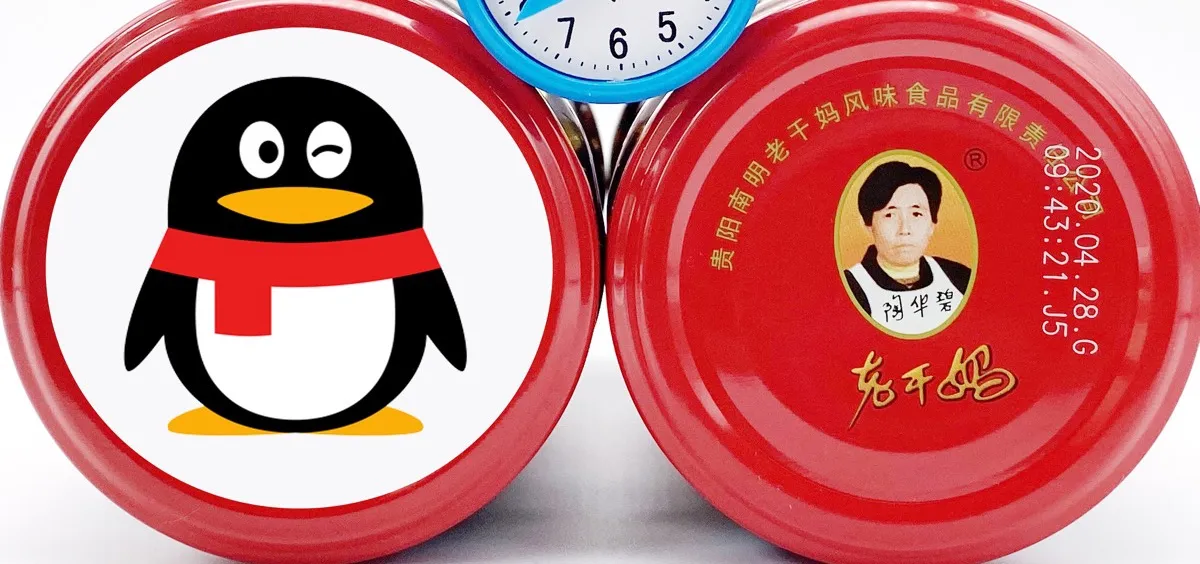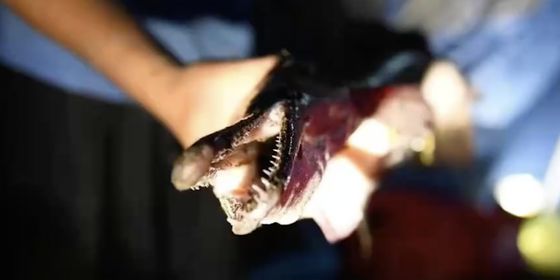Strange and audacious swindles from this year’s headlines
With pandemics, civil unrest, and natural disasters dominating the headlines, it may be tempting to wish that 2020 was a “fake” year. TWOC can’t overwrite reality, but stories of fraud, swindles, and forgeries did play a significant part of the news cycle this year, so we’ve compiled a list of highlights that we’ve reported on or read about:
Three fraudsters masqueraded as representatives from Laoganma, the renowned chili-sauce maker, to enter into an advertising deal worth over 16 million RMB with internet company Tencent in March of 2019. Tencent only discovered the con in June of this year when it sued the real Laoganma for unpaid fees, by which point the tech giant had already spent months advertising the brand through its games, social media platforms, and merchandise.
After losing her New Year “lucky money” to scam artists over WeChat, a 12-year-old girl in Heilongjiang province successfully “counter-swindled” the gang by calling them, claiming to be a bank employee, and getting their personal and bank details. She then forwarded the information to the police, who arrested the criminals.
A school principal in Heze, Shandong province, was fired after it emerged that he forged documents and engineered a position for his son at the local forestry bureau. The son had been receiving salary from the bureau since 1999, when he was only 11 years old.
A woman in Shandong province named Chen Chunxiu discovered that her admission letter to the Shandong University of Technology had been suppressed in 2004, and someone else had attended and graduated from the university in her name, while she went on to find work as a factory worker and restaurant server. An investigation of higher education fraud in Shandong later revealed that 242 people have entered 14 universities in Shandong by using other peoples’ admission offers.
When Mr. Lin in Xiamen, Fujian province, was swindled out of more than 3,000 RMB by an online lending service, he transferred an additional 2,500 RMB to the scammer, as he’d read online that the police only investigate cases of fraud involving amounts over 5,000 RMB.
A man masqueraded as a doctor at a Sichuan restaurant in order to redeem a free meal promised to frontline medical workers in the Covid-19 pandemic. Restaurant staff smelled a rat, and contacted the hospital the man claimed to work at, after he apparently asked too many times if the meal was really free and threatened to report the restaurant if they made him pay.
The ugly duckling
After he ordered an alleged peacock egg from an e-commerce site, and carefully tended to it for 32 days—purchasing an incubator machine, and turning the egg three times a day—a Mr. Zhang in Beijing was dismayed to find it hatching a duckling. The vendor has offered to send Mr. Zhang three replacement peacock eggs, but he has refused the deal and claims he has been swindled.
Stall owners at a marketplace in Guizhou were scammed out of around 5,000 RMB by a man who broke into the market at night and replaced numerous QR payment codes with his own. Police tracked down the criminal to a hotel room, where they arrested him and found dozens of additional QR codes.
Ill-gotten gains
A trickster in Shenzhen gained 25 kilograms in just three months by eating other people’s takeout meals from mall restaurants. By donning a stolen uniform and masquerading as a driver from delivery app Meituan, the man would run inside a mall anytime he felt hungry or thirsty, pretend to be looking up an order on his phone, and take whatever was handed to him by unsuspecting servers. As a bonus, his changed appearance from weight gain made it hard for police to track him down.
A 61-year-old woman intended to divorce her husband after a Douyin user claiming to be actor Jin Dong declared his feelings for her. According to the Beijing News, scam artists on social media often pose as well-known figures, such as Alibaba founder Jack Ma or respiratory disease expert Zhong Nanshan, in order to trick middle-aged and elderly followers into sending them cash or buying the products they sell.
Cover image from VCG













